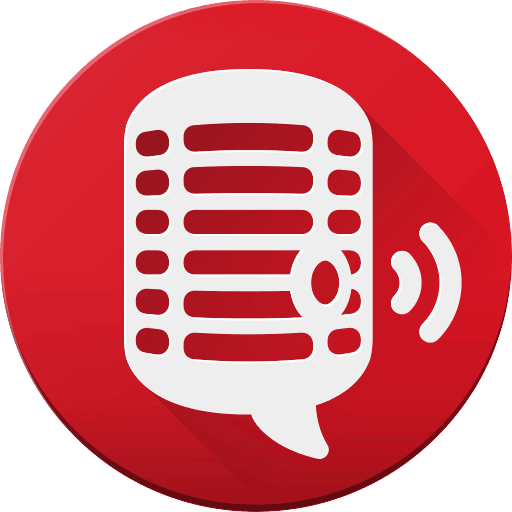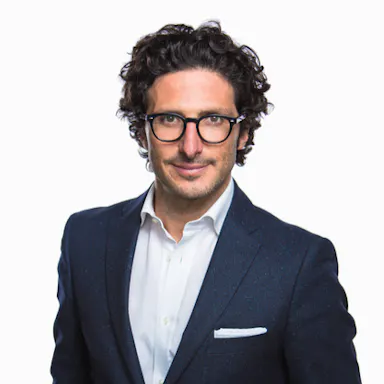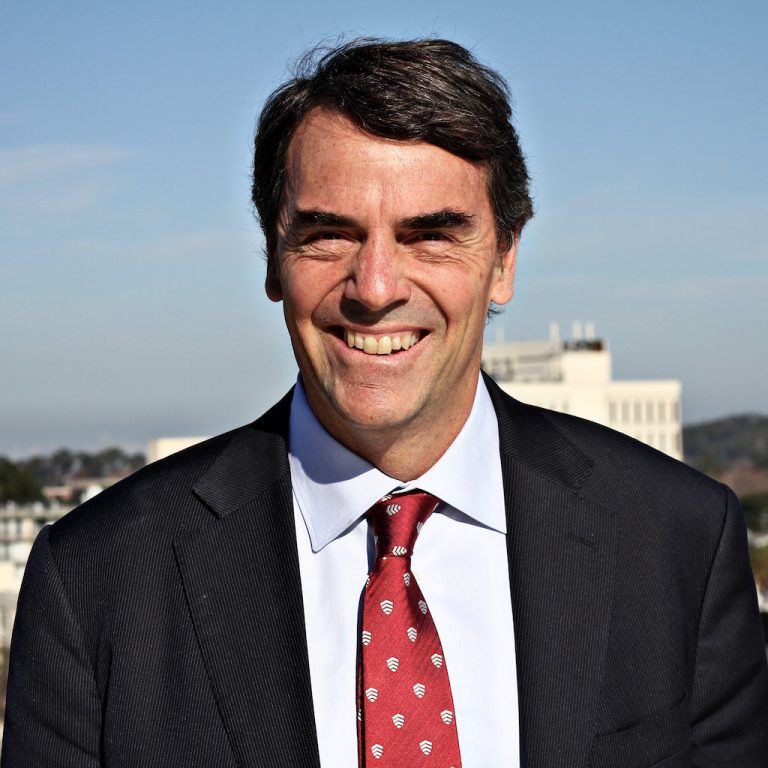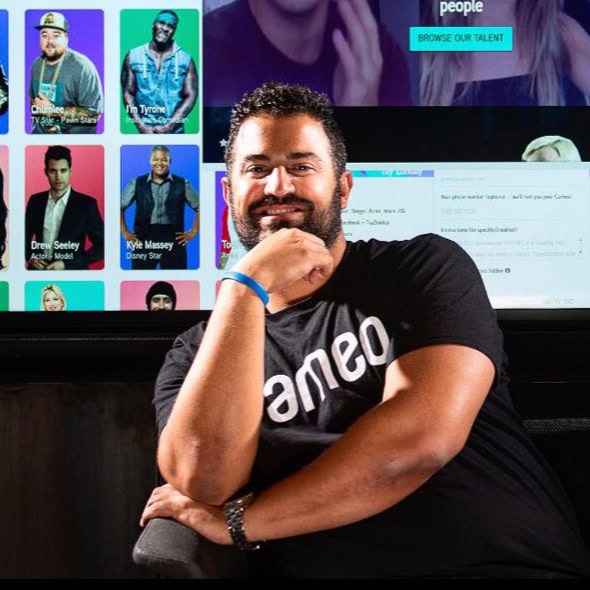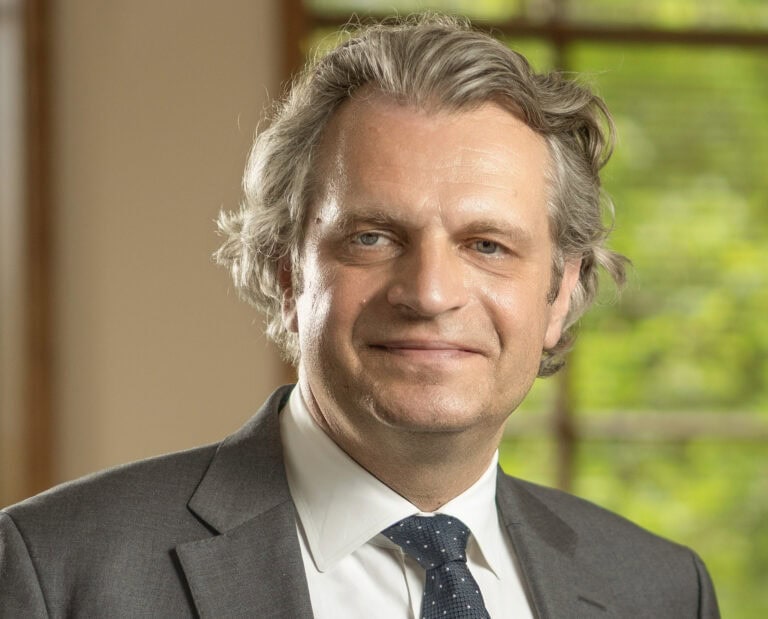
January 21, 2021
Isabela Chick, Managing Director, Founders Factory
As a co-founding board member at 1871 in Chicago and creator of the Dancing with Startups program, I am always on the lookout for potential global expansion partners, like Founders Factory. They are a very dynamic startup accelerator and venture studio, launched five years ago in London by Brent Hoberman and Henry Lane Fox, on the principles of aiding founders with hands-on resources.
On this episode of the Reboot Chronicles we dig into how entrepreneurs and startups should evaluate incubators, accelerators or venture studios with Founders Factory Managing Director, Isabella Chick. With a growing list of corporate partners, 100 people (wow) and 4 global locations, they have funding from numerous organizations, allowing them to invest in and rapidly scale and transform global sector challenges—opportunistically.
How it Works
Standing out from the rest, Founders Factory provides a different perspective, separating their accelerator and venture studio, enabling a more direct operating approach. Moving beyond the typical “cohort” model, over 200 startups have been in their six-month accelerator factory—68 in 2020 alone. Most of these ventures have received bespoke tailored services and advice focused on growth—with a keen understanding about the (land mine) spaces between retail and brands. Another secret sauce they provide founders is coveted all-access passes to world-renowned companies like J&J, M&S and L’Oréal who has a strong CVC group.
The venture studio program allows entrepreneurs to start with funding and some de-risking. Isabella shares the two ways the venture operation works: either Founders Factory develops an insight or target area with a corporate partner and brings talent into the mix, or founders bring their concepts to the group and pitch for inclusion in the program.
Corporate Partners
Isabella points out, the importance of relationships with their corporate partners across multiple sectors, including education, media, beauty, travel, finance, AI & big data, retail, and home. This is not the typical demo-day/corporate entertainment format, but a more serious corporate commitment program. Within these sectors, the industry relationships they have, plus the corporate partners clout, have been crucial market accelerators for the entrepreneurs and startup teams. These corporate partners often de-risk too, as they can engage with the startups ahead of investment. Once a vote through the investment committee has been determined, based on the relationship momentum, concept feasibility and other insights, they can commit. With L’Oréal alone they have run over 200 pilots with entrepreneurs and startups!
How to Get Started?
For those entrepreneurs curious about how startups get into the programs, to be clear, it is rather competitive. Founders Factory accepts 1% of the applicants, for various reasons and they want to invest in long-term relationships with the best founders. Isabella shared some tips: start with a robust target market, good ethnography and actual consumer feedback. Listen in here to learn more tips and targets or wherever you listen to podcasts.




